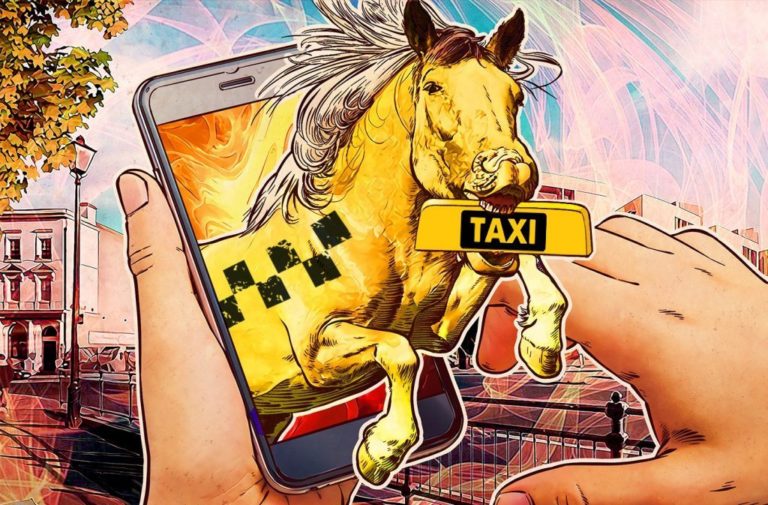Add Your Heading Text Here
Share it:
You’re in a hurry, trying to get to work, a business meeting, a date. So you launch your favorite app for booking a taxi as usual, but this time, it prompts you to enter your credit card number. Does that seem suspicious? It may not — apps forget information, and all you have to do is add your card number again.
However, after some time you notice money disappearing from your account. What happened? You may be the unlucky winner of a mobile Trojan. This kind of malware has been caught recently stealing bank data by impersonating the interfaces of taxi-booking apps.
The Faketoken Trojan has existed for a long time, and it has been upgraded for many years. Our experts named the current version “Faketoken.q,” and by now it has learned a significant number of tricks.
After getting onto a smartphone (judging by the malware icon, Faketoken infiltrates smartphones through bulk SMS messages with a prompt to download some picture) and installing the necessary modules, the Trojan hides its shortcut icon and starts background monitoring of everything that happens in the system.
First, the Trojan is interested in the user’s calls. As soon as it detects a call, it starts recording. When the call is finished, Faketoken sends the recording to the criminal’s server. Second, the Trojan also checks which apps the smartphone’s owner uses.
When Faketoken detects the launch of an app whose interface it can simulate, the Trojan immediately overlays the app with its own screen. To achieve that, it uses a standard Android feature that supports showing screen overlays on top of all other apps. A whole bunch of legitimate apps, such as messengers, window managers, and so on, use this feature.
Actually, Faketoken.q is after a huge variety of apps that have one thing in common: in them, a request to enter payment data looks normal enough not to arouse suspicion. Among the attacked apps are a number of mobile banking apps, Android Pay, the Google Play Store, apps for booking flights and hotel rooms, and apps for paying traffic tickets — as well as apps for booking taxis.
Below you can find several pieces of advice on how to protect yourself against Faketoken and similar mobile Trojans that steal card numbers and intercept SMS messages with one-time passwords used to confirm payments.
- It is imperative that you go into Android’s settings and prohibit the installation of apps from unknown sources. To block installation from unknown sources, go to Settings -> Security and uncheck Unknown sources.
- Always pay attention to what access permissions an app requests during installation, even if you downloaded it from Google Play (there might be Trojans in the official app store as well).
- It is a good idea to protect your smartphone by installing antivirus, which can find infections hiding in an app such as basic Kaspersky Internet Security for Android,
source: Kaspersky Lab.
- Growth through innovation/creativity:
Rather than be constrained by ideas for new products, services and new markets coming from just a few people, a Thinking Corporation can tap into the employees. - Increased profits:
The corporation will experience an increase in profits due to savings in operating costs as well as sales from new products, services and ventures. - Higher business values:
The link between profits and business value means that the moment a corporation creates a new sustainable level of profit, the business value is adjusted accordingly. - Lower staff turnover:
This, combined with the culture that must exist for innovation and creativity to flourish, means that new employees will be attracted to the organization.



